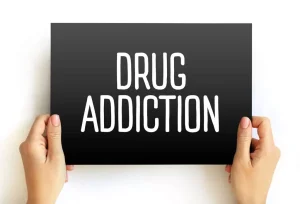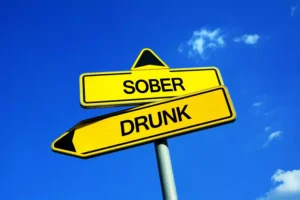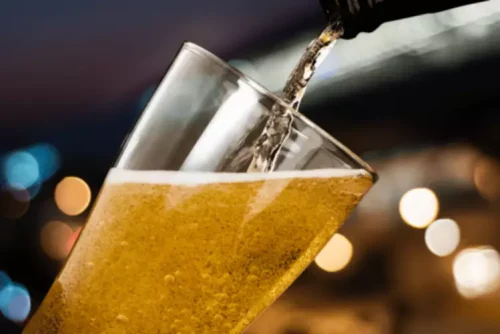
It’s helpful to have a relapse prevention plan that considers these triggers, with specifically identified strategies to address them. People will often go through treatment and have a period of sobriety. But what happens if, after being sober, someone starts drinking again? An alcohol relapse means you go back to drinking regularly after having a period of sobriety without the use of alcohol.
The Stages of Recovery
Many alumni programs, such as those offered by American Addiction Centers (AAC), host peer gatherings and can connect you with addiction aftercare services. During this period, you can expect to develop new skills you may have never learned that made you more susceptible to AUD in the first place. The mental challenge of this stage is not to let anything make you feel defeated. Since withdrawal symptoms tend to ebb and flow, you may be tempted to feel like you’re not making progress ― even though in reality, you’ve come a long way. So far, there’s no consensus on the medical definition of recovery in alcohol treatment literature. If you’re ready to make a positive change, here’s what you may want to know about the recovery process.

Elevated Stress
- Getting through the holidays while maintaining recovery, especially for people newer to this life-changing process, is an accomplishment worthy of celebration in its own right.
- Clients are encouraged to challenge their thinking by looking at past successes and acknowledging the strengths they bring to recovery [8].
- There is an important distinction to be made between a lapse, or slipup, and a relapse.
- Are you tired of fighting against the craving to drink every day?
- Genetic, psychological, social and environmental factors can impact how drinking alcohol affects your body and behavior.
- It can bring on feelings of shame, frustration, and often cause someone to feel as if they are incapable of changing their behavior or achieving their goals.
A 2020 study in Rhode Island estimated that overdose deaths could be reduced by 30% in the state if jails and prisons made all three medications available to those who needed them. Studies also show that people who receive these medications while in jail or prison are less likely to return to substance use Alcohol Relapse and more likely to continue with treatment in the community afterward. In the action stage, people have chosen an approach to sobriety and they’re executing it. Others in the precontemplation stage may feel hopeless and helpless about their situation or overwhelmed by the energy required to make a change.
- By providing the company of others and flesh-and-blood examples of those who have recovered despite relapsing, support groups also help diminish negative self-feelings, which tend to fester in isolation.
- Relapse triggers a sense of failure, shame, and a slew of other negative feelings.
- For one, it bolsters self-respect, which usually comes under siege after a relapse but helps motivate and sustain recovery and the belief that one is worthy of good things.
- These patient descriptions illustrate several points about stress and motivation for alcohol use that are relevant from a clinical perspective.
What Do I Do If I Relapse from Alcohol?
Clients are encouraged to identify whether they are non-users or denied users. A denied user is in chronic mental relapse and at high-risk for future relapse. Clinical experience has shown that everyone in early recovery is a denied user. The goal is to help individuals move from denied users to non-users. Denied users will not or cannot fully acknowledge the extent of their addiction.

When it comes to choosing an effective drug abuse treatment program, it is important to find a facility that provides its patients with a full continuum of care. This may vary from person to person and be influenced by things such as extent and length of use. Talking openly about a lapse or relapse with a care team can help you develop and strengthen your relapse prevention plan and identify how to get back on track with your recovery goals. During this stage, a person may not be thinking about using drugs or alcohol, but their emotions may be placing them in jeopardy of relapse. According to a review of relapse prevention, lapse and relapse are particularly common within the first year of seeking treatment.
- Sometimes, you unknowingly begin taking steps toward a relapse weeks or months before actually drinking or using drugs.
- Combining therapy with support groups can greatly improve your odds of success.
- In these situations, poor self-care often precedes drug or alcohol use.
- About 43 percent of people who did not receive any form of treatment maintained sobriety.
- Clinical experience has shown that addicted individuals typically take less than they need, and, as a result, they become exhausted or resentful and turn to their addiction to relax or escape.
- But sometimes people don’t even realize they took fentanyl in counterfeit Adderall or Xanax pills or while smoking meth.
- I have also included a link to a public service video on relapse prevention that contains many of the ideas in this article and that is freely available to individuals and institutions [5].
- In late stage recovery, individuals are subject to special risks of relapse that are not often seen in the early stages.
